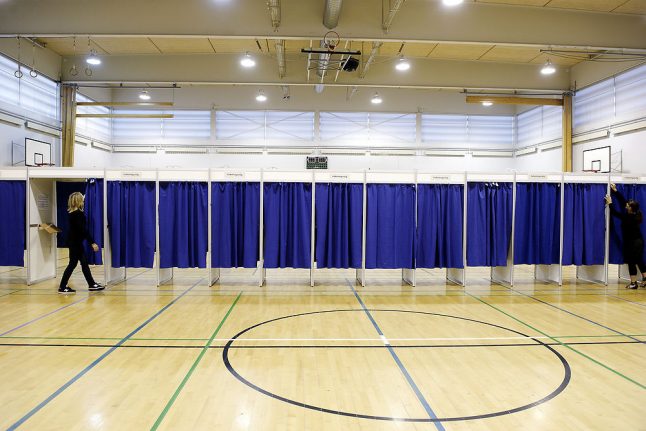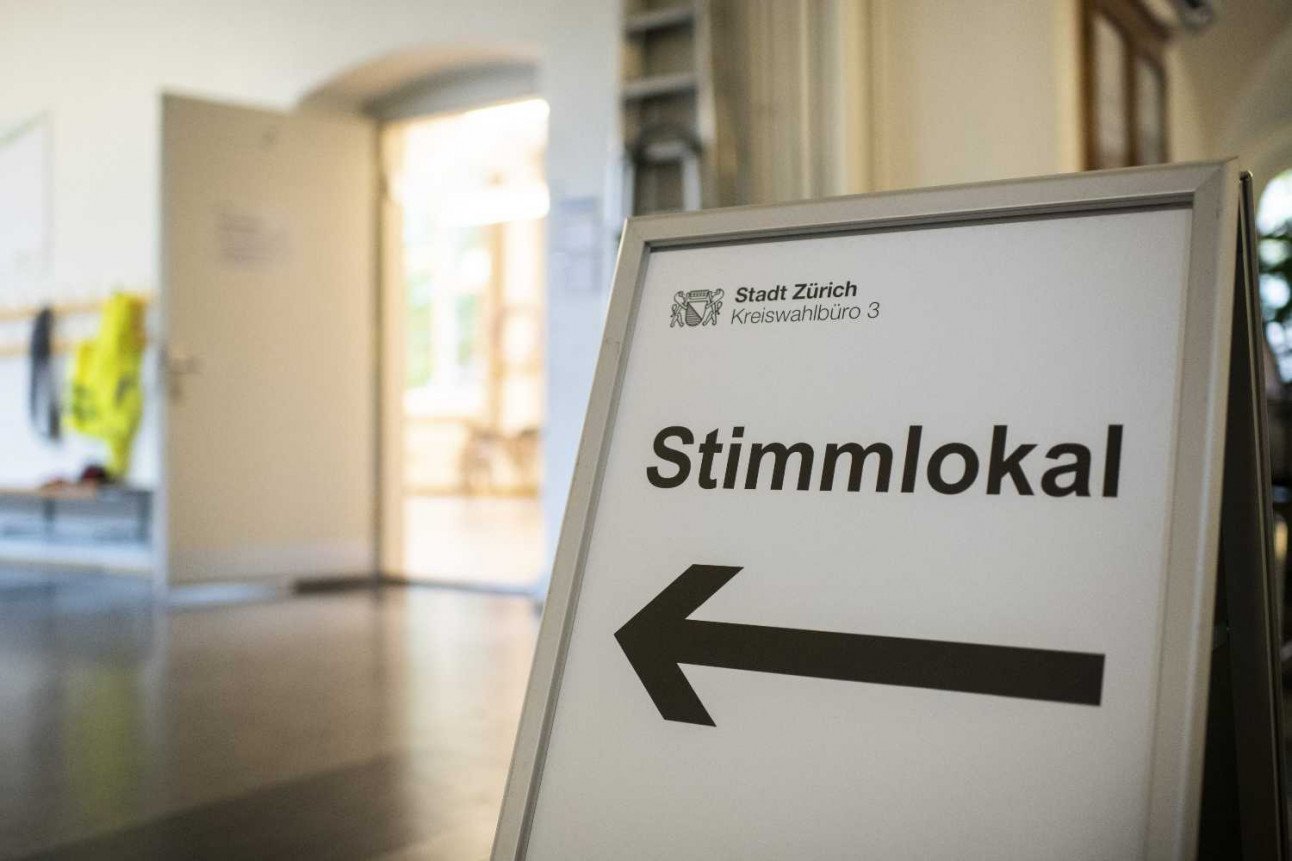A majority in parliament was in favour of a change in the area earlier this year, and the government is now set to follow up with a formal proposal, broadcaster DR reports.
“Participating in democracy by voting in general elections is a good and important thing,” Minister of Justice Søren Pape Poulsen said in a written comment.
“The government wants as many people as possible to have the right to vote, and people with legal guardians deserve to have their voices heard,” he added.
Just under 2,000 people in Denmark are currently prevented from voting for MPs due to having given up certain legal capacities, for example if they need help from others to manage their finances.
The government wants to change guardianship laws to make them easier to tailor to individual needs, enabling legal capacities can be partly, as well as fully removed from individuals.
“We will make it possible to vote at general elections for a person who, for example, has a legal guardian to take care of their personal finances and does not need to be kept from accessing their savings,” Poulsen said.
Current rules prevent an individual without independent legal capacity from signing legal contracts or accessing savings or personal wealth without the signatory of a guardian.
People whose legal capacity is in the hands of a guardian are unable to vote in general elections under current rules, but can vote in municipal, regional and EU elections.
The bill will be filed with parliament Tuesday and, if passed, will come into effect in January 2019, DR reports.
READ ALSO: Here's how foreigners can vote in Denmark's municipal and regional elections




 Please whitelist us to continue reading.
Please whitelist us to continue reading.